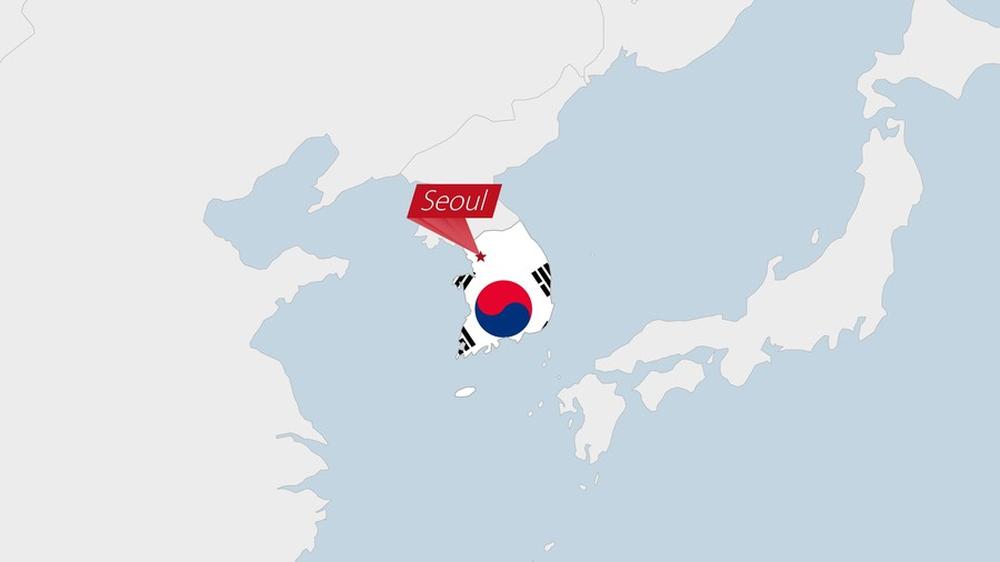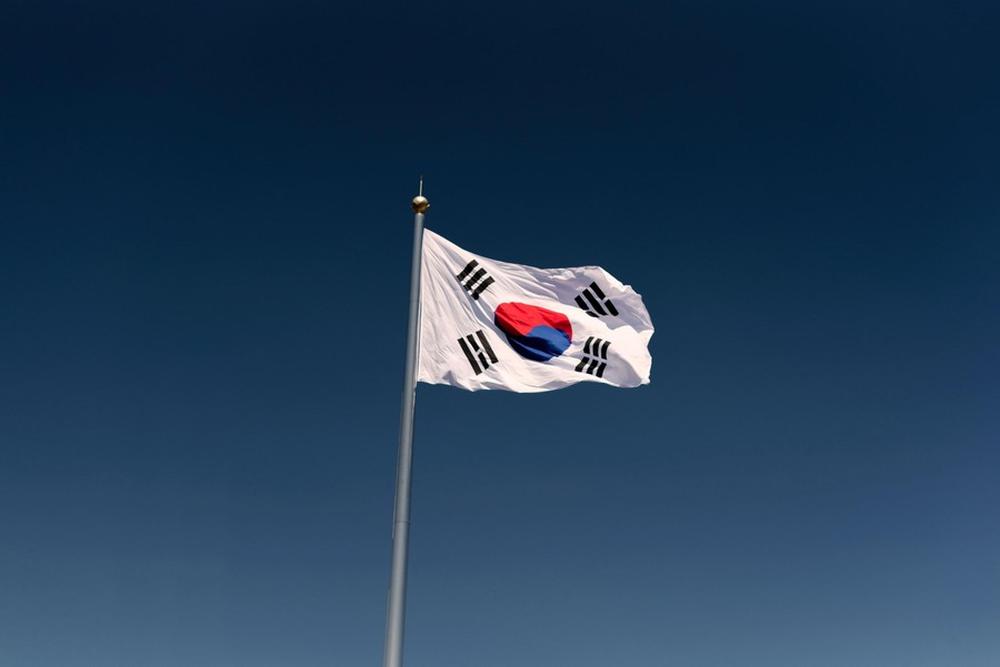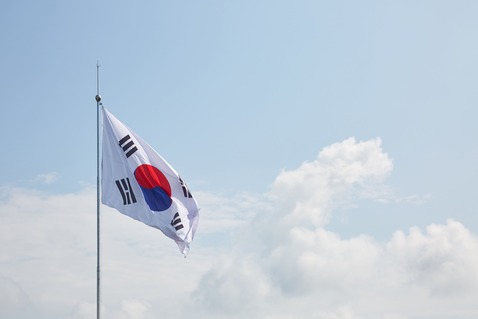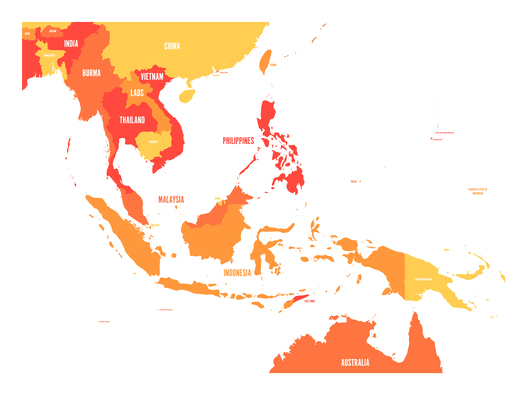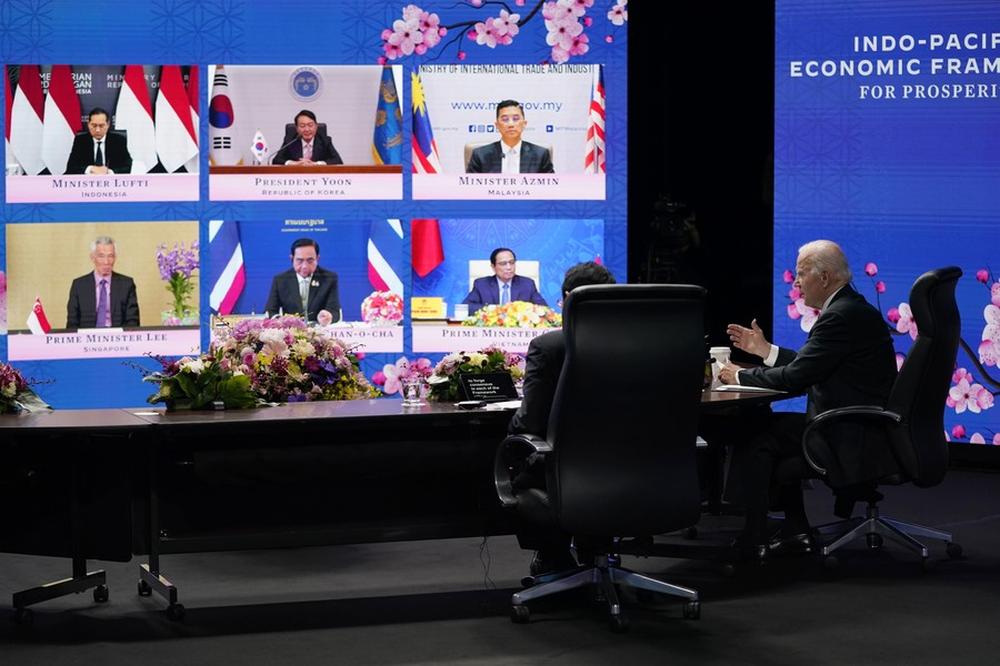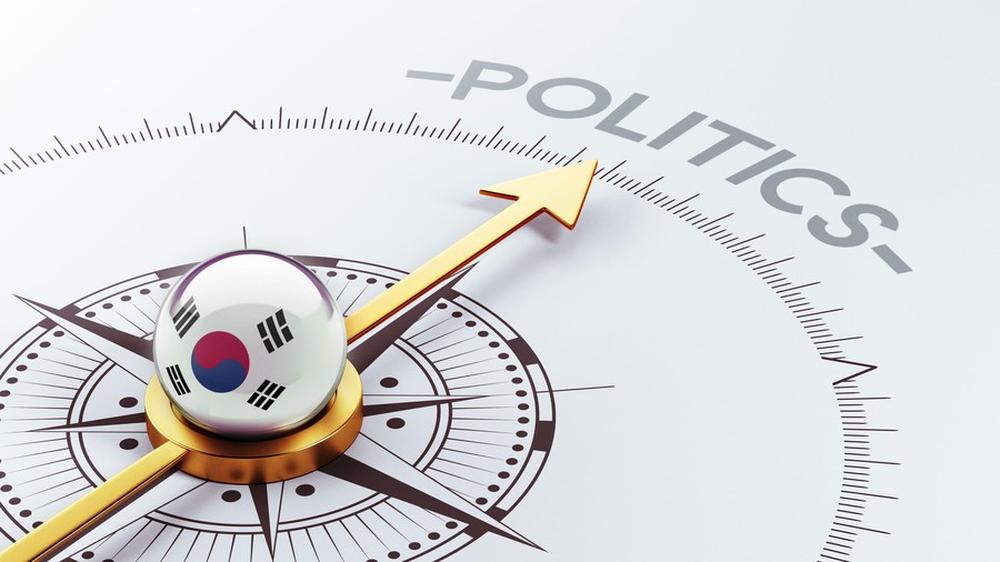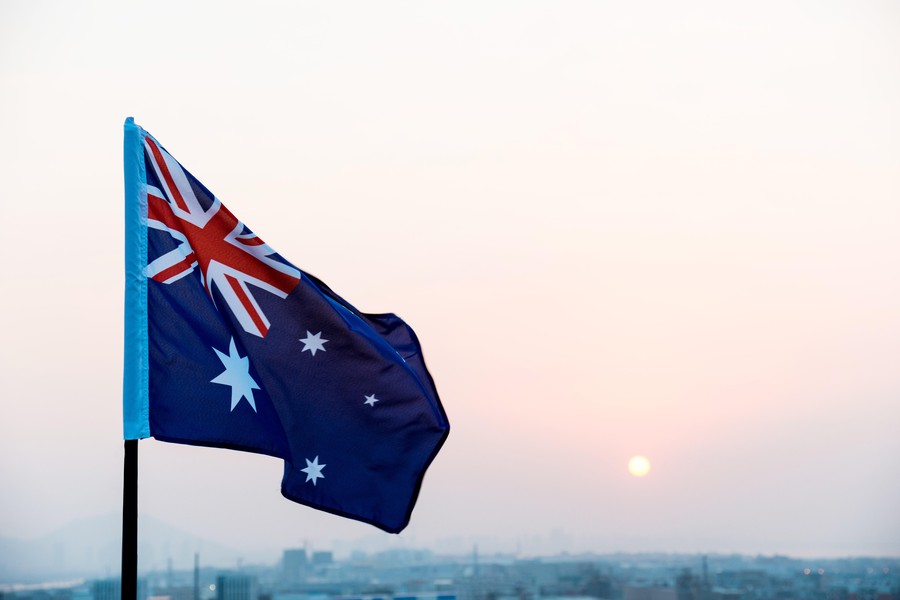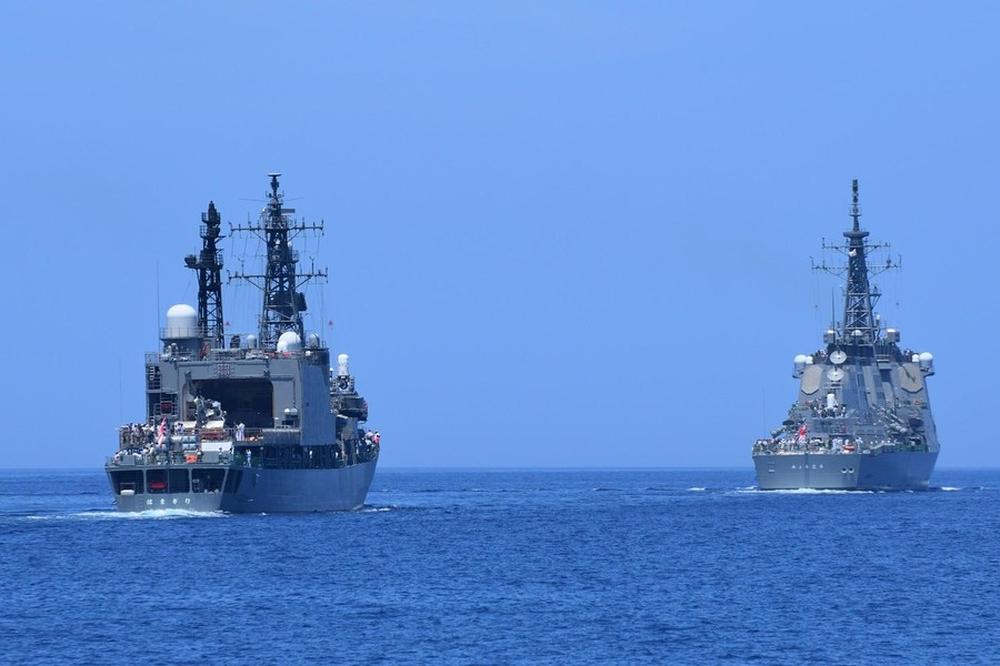- #Japan
- #Multilateral Relations
- #South Korea
- #US Foreign Policy

► An Indo-Pacific strategy would help Korea fulfill its role as a global pivot state (GPS) using a global strategy that corresponds to an era highlighted by a new Cold War between the United States and China. And it is within this larger strategic framework that Korea’s Northeast Asia strategy and Korean Peninsula strategy must be reformulated.
► Korean government must clearly outline its vision, strategic objectives, and its national interests in its Indo-Pacific strategy. It should consult the Indo-Pacific strategies of the four Quad members and/or European nations but its strategy must reflect a sense of “Koreanness” in terms of its strategic vision and objectives.
► Korea’s Indo-Pacific strategy revolves around its political will and lack of national resources. The challenges that Korea faces in Northeast Asia and on the Korean Peninsula are grave. Korea must think carefully about its political willingness and its decision to invest limited resources in the Indo-Pacific—beyond the Korean Peninsula and Northeast Asia
Introduction
The Yoon Suk Yeol administration must draft a strategy for the Indo-Pacific, a region that is quickly becoming the world’s most important region. This paper examines what Korea can expect from drafting an Indo-Pacific strategy and strengthening its engagements in the region. Moreover, this paper will review a number of factors that Korea must consider when drafting an Indo-Pacific strategy.
ROK’s Indo-Pacific Strategy: Expected Impact
An Indo-Pacific strategy would help Korea fulfill its role as a global pivot state (GPS). The Yoon administration’s vision of a global pivot state is a “country that goes beyond the Korean Peninsula and Northeast Asia, and contributes to freedom, peace, and prosperity in the world.” The Indo-Pacific is a region fraught with global challenges involving democracy, human rights, rule of law, health, climate change, (digital) governance, and maritime security, among others. In other words, it is a region that is greatly in need of global pivot states. Therefore, drafting its own Indo-Pacific strategy and announcing greater engagements in the region will affirm Korea’s role as a GPS and improve its international status.
The time is ripe for Korea to draft its own grand strategy or a global strategy that corresponds to an era highlighted by a new Cold War between the United States and China. And it is within this larger strategic framework that Korea’s Northeast Asia strategy and Korean Peninsula strategy must be reformulated.
During the ROK-US summit meetings in 2021 and 2022, the two countries pledged to transform their relationship into a comprehensive alliance. Korea’s Indo-Pacific strategy is critical to transforming and strengthening the ROK-US alliance into a global comprehensive strategic alliance. The Biden administration has approached the Indo-Pacific by modifying and improving President Trump’s Indo-Pacific strategy. It is expanding its strategic scope and enhancing its engagements in various areas within the Indo-Pacific. If Korea can come up with its Indo-Pacific strategy and engage actively in the region, Korea and the United States could deal with an array of global issues together, which could further transform the ROK-US alliance into a global comprehensive alliance.
Korea’s Indo-Pacific strategy could also help recover the lack of strategic trust between Korea and Japan. In 2016, Prime Minister Abe announced that Japan was drafting the ‘Free and Open Indo Pacific (FOIP)’ strategy in a way that it can serve as a foundation for Japan’s new foreign policy strategy. Since his declaration, Japan and Australia have served as key strategic partners within the United States’ Indo-Pacific strategy. Japan is actively involved in security cooperation, development cooperation as well as governance development in the region. The reason behind Japan’s refusal to acknowledge Korea as a strategic partner and its decision to exclude Korea from its white list lies in Korea’s dogged insistence in terms of focusing solely on inter-Korean relations rather than on the broader Indo-Pacific region. For the Yoon administration to recover the strategic trust between Korea and Japan, it must strengthen its involvement in the Indo-Pacific region and, thereby, expand areas of cooperation with Japan.
In order for Korea to carry out its responsibilities as a global pivot state and contribute to the international community, cooperation with “like-minded countries” is necessary. The four members of the Quad, the European Union, and European global pivot states including the United Kingdom, France, Germany, and the Netherlands, in addition to ASEAN and Canada have all drafted their versions of the Indo-Pacific strategies and increased their engagements in the region. From Korea’s perspective, following their footsteps will enable greater cooperation with these countries.
Korea’s Indo-Pacific strategy will help overcome the limitations faced by its New Southern Policy. While the previous Moon administration’s New Southern Policy was also aimed at greater engagements in the Indo-Pacific region, its targets were mainly ASEAN countries and it lacked cooperation with India (especially political cooperation). Moreover, it overly focused on people-to-people cultural exchanges and economic exchanges. Overall, the New Southern Policy saw successes involving two of its three Ps (people, prosperity, and peace)—mainly ‘people’ and ‘prosperity’—but lacked progress in the third: ‘peace.’ Even though the Moon administration stated in the fall of 2019 that it would strengthen the level of cooperation between its New Southern Policy and the United States’ Indo-Pacific strategy, it did not lead to tangible results. If Korea can use its Indo-Pacific strategy to strengthen its engagement in the world’s most dynamic region, it will be able to take on a leadership role in terms of setting the region’s agendas or priorities. This will also provide Korea with an opportunity to take the lead in setting international rules and standards.
ROK’s Indo-Pacific Strategy: Considerations
In general, any strategy must incorporate the national interests that it is trying to achieve, and present a blueprint for achieving those interests. Therefore, the Korean government must clearly outline its vision, strategic objectives, and its national interests in its Indo-Pacific strategy. It should consult the Indo-Pacific strategies of the four Quad members and/or European nations but its strategy must reflect a sense of “Koreanness” in terms of its strategic vision and objectives. The strategy must define Korea’s responsibilities and lay out a specific blueprint.
The Korean government must also consider the geographical boundary of its Indo-Pacific strategy. In nature, an Indo-Pacific strategy must include the Indian Ocean. However, the Indian Ocean is a vast area that covers the Middle East and East Africa. Therefore, Korea must decide whether its strategy should 1) include the west Indian Ocean, 2) be limited to the East Indian Ocean, or 3) comprehensively include India as well as the Middle East and East Africa. It must also consider the compatibility of the Indo-Pacific strategy and the New Southern Policy. In this regard, Korea could choose to improve and enhance the New Southern Policy or it could eliminate the policy entirely and start from scratch. If Korea announces its Indo-Pacific strategy and expands the level of regional engagement, it will have to do so by improving its security engagements as well. Such engagement must go beyond non-traditional security areas to include traditional security issues. However, determining the level of engagement in traditional security issues will pose a tremendous challenge for the Korean government.
China will certainly oppose Korea’s Indo-Pacific strategy. However, such a strategy could provide Korea with greater opportunities to cooperate with other regional actors in dealing with China’s retaliatory behaviors. In this regard, we must pay special attention to the time when ASEAN declared the ‘ASEAN Outlook on the Indo- Pacific (AOIP).’ Instead of engaging in retaliatory behavior, China promised economic assistance to ASEAN and announced its goal to transform the Sino-ASEAN relationship into a ‘comprehensive, strategic cooperation partner[ship].’ However, Korea must continue to think about how the South China Sea and the Taiwan Strait issues will fit in with its Indo-Pacific strategy.
Korea’s Indo-Pacific strategy revolves around its political will and lack of national resources. The challenges that Korea faces in Northeast Asia and on the Korean Peninsula are grave. Korea must think carefully about its political willingness and its decision to invest limited resources in the Indo-Pacific—beyond the Korean Peninsula and Northeast Asia. If the security environment on and around the Korean Peninsula becomes direr, public opinion may sway more towards managing inter-Korean relations rather than engaging in the Indo-Pacific.
An Indo-Pacific strategy requires a ‘whole-of-government approach.’ As such, drafting the strategy may have to fall into the hands of the ROK’s Office of National Security.
Conclusion
Roughly 60% of the world’s population resides in the Indo-Pacific. The region also generates about 60% of the world’s GDP and contributes to 2/3 of global economic growth. It is expected that 90% of the newly-formed middle class will reside in this region by 2030. It is a region that serves a critical role in terms of achieving sustainable development goals set out by the United Nations. This is why Korea—a country that currently lags behind the strategic competition in the Indo-Pacific—must engage actively in the Indo-Pacific.
Jaechun Kim is a professor of International Relations at the Graduate School of International Studies (GSIS) at Sogang University and currently Dean for Sogang GSIS. He is political scientist trained at Yale University (MA in International Relations; Ph.D. in Political Science). Before joining Sogang, he worked at Yale University as lecturer for the Department of Political Science and Yale Center for the International and Area Studies (YCIAS). He is currently a member of the advisory board for the Ministry of Foreign Affairs in the Republic of Korea (ROK). He was a member of the Government Performance Evaluation Committee and a member of Presidential Committee for Unification Preparation in ROK. He served as the director of Sogang University’s Institute of International and Area Studies (IIAS) and the dean of Sogang GSIS. He was a Fulbright visiting fellow to the Sigur Center for Asian Studies at George Washington University and a visiting scholar to Denver University. Earlier in his career, he worked for the National Assembly of ROK as a legislative assistant. His research interests include International Security, US Foreign Policy, Northeast Asia Regional Affairs, and Inter-Korean Relations.

